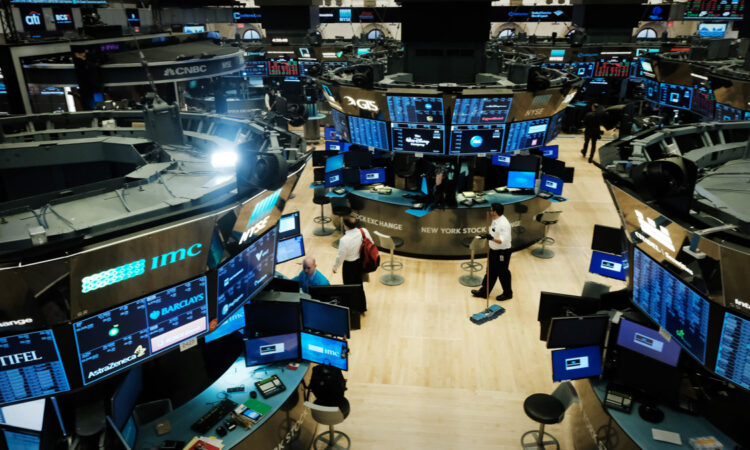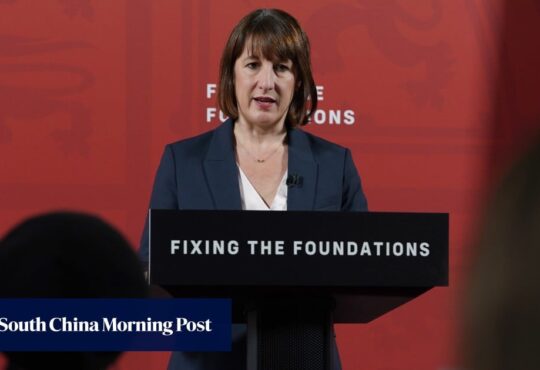
U.S. equity futures edged lower Friday, with tech leading declines, as investors expect a grim quarterly update from Intel to at least temporarily blunt market optimism following a firm rally yesterday that lifted stocks to their highest levels in more than a month.
Intel’s surprise December quarter loss, paired with a less-than-stellar outlook for PC and data center sales, was quickly followed by reports the the U.S. has convinced Japan and the Netherlands — home to chip-designing giant ASML — to join it in limiting the export of high-end semiconductors to China.
add a comment














